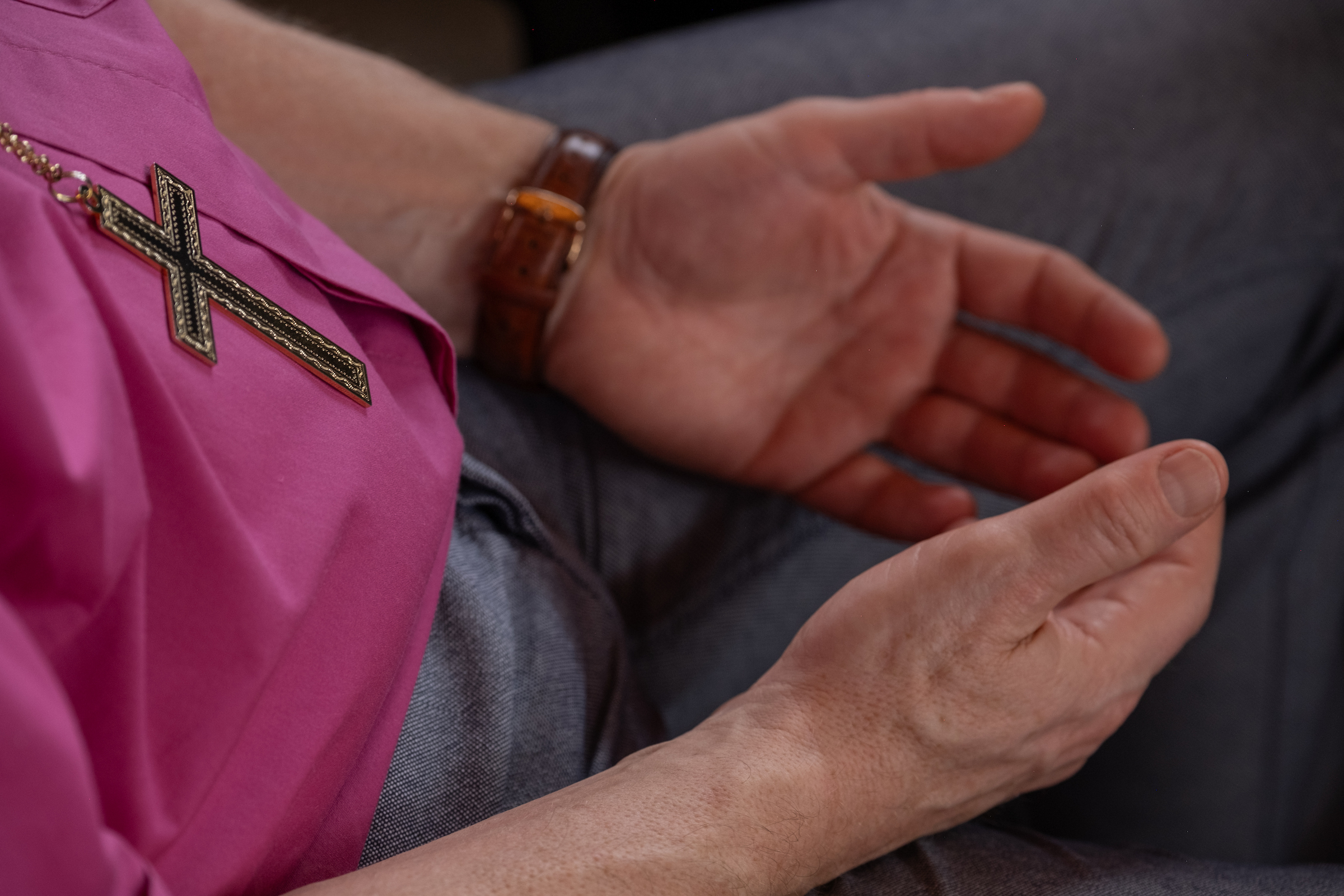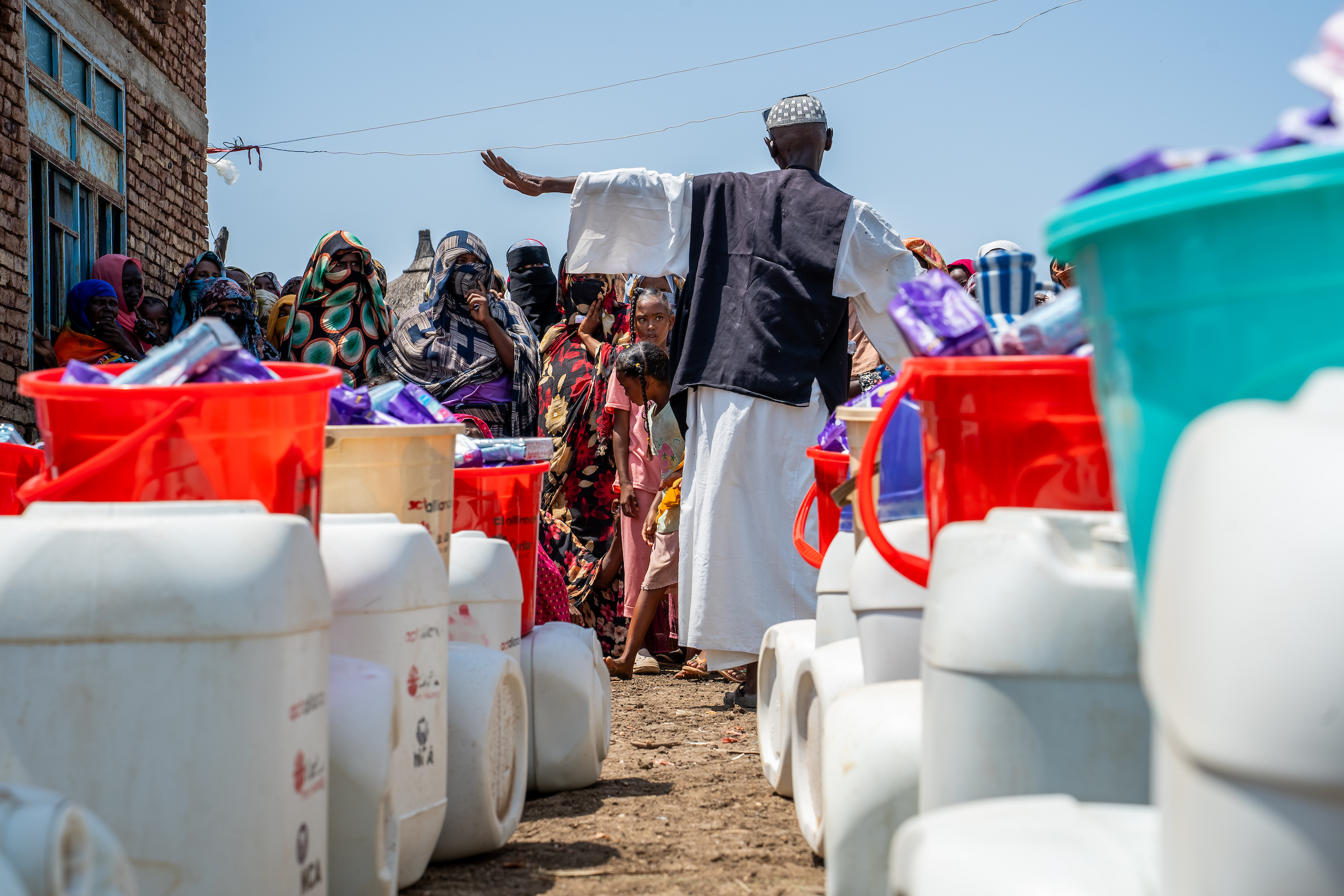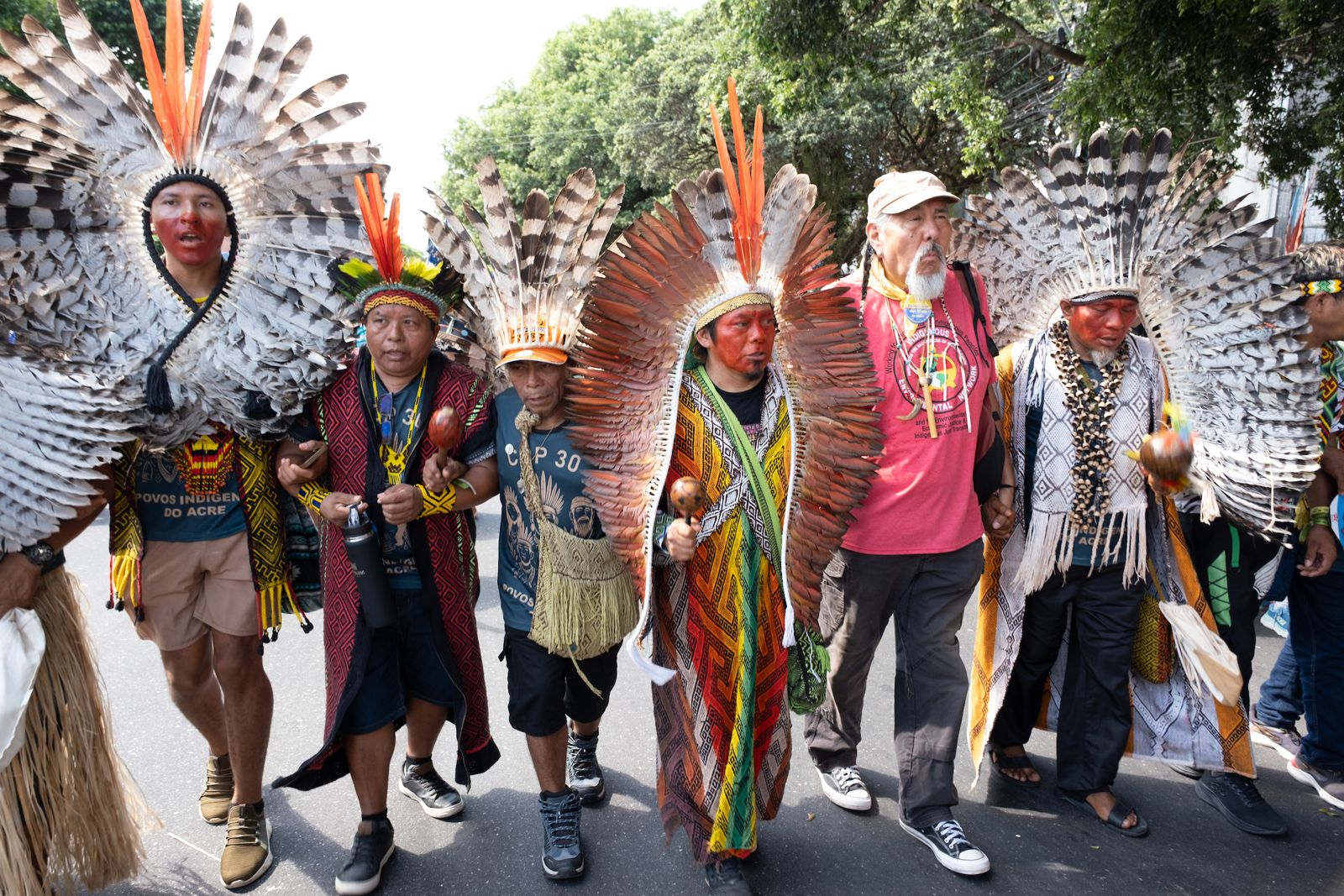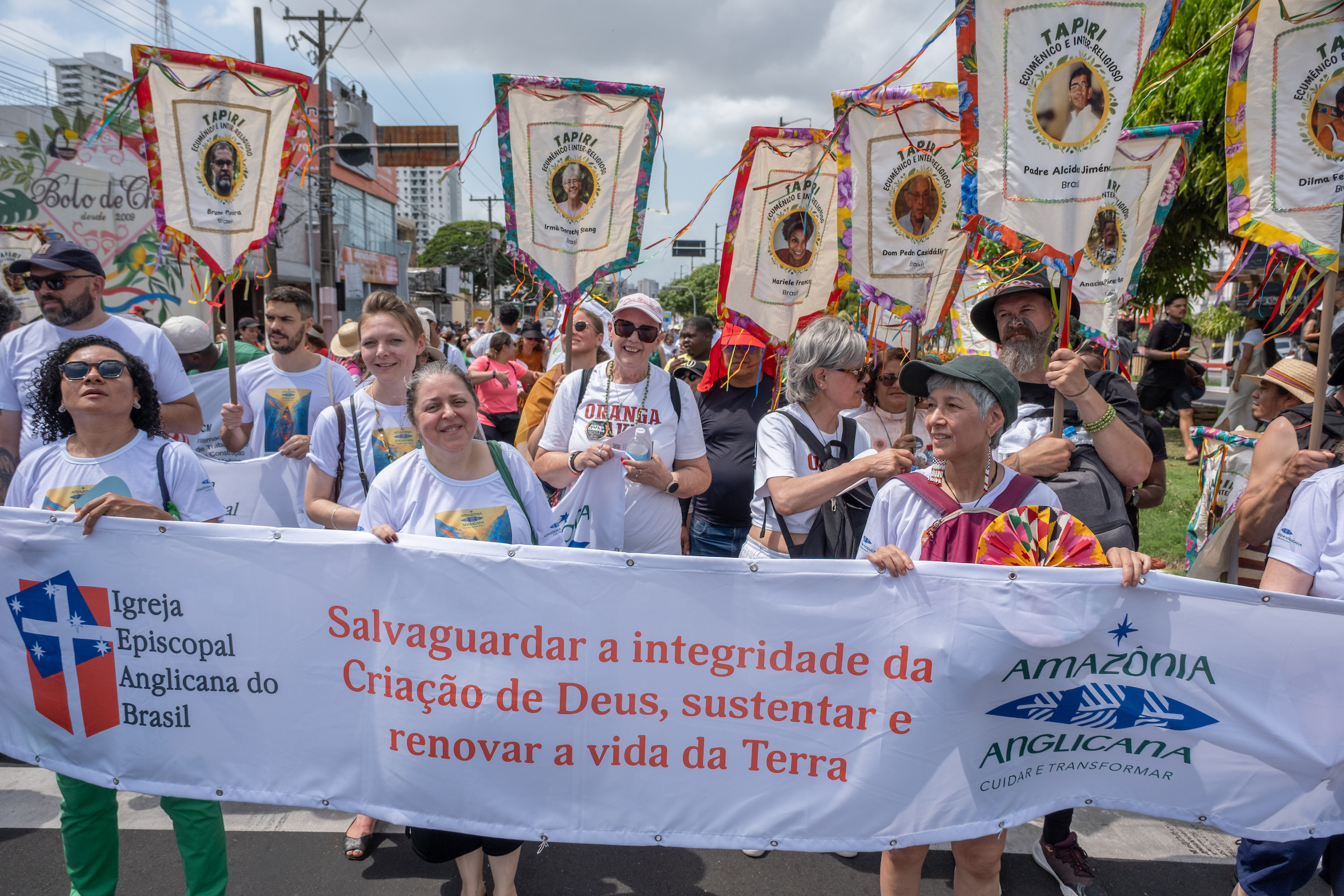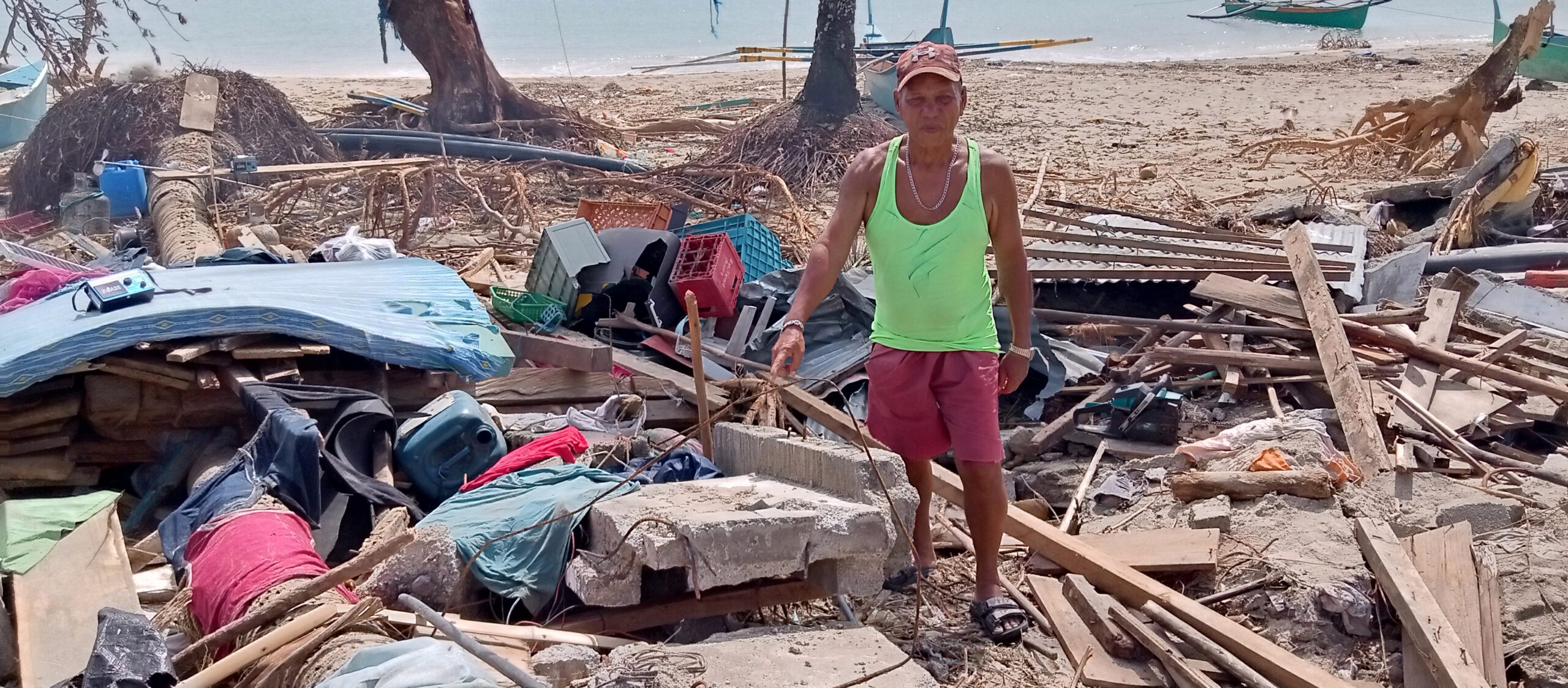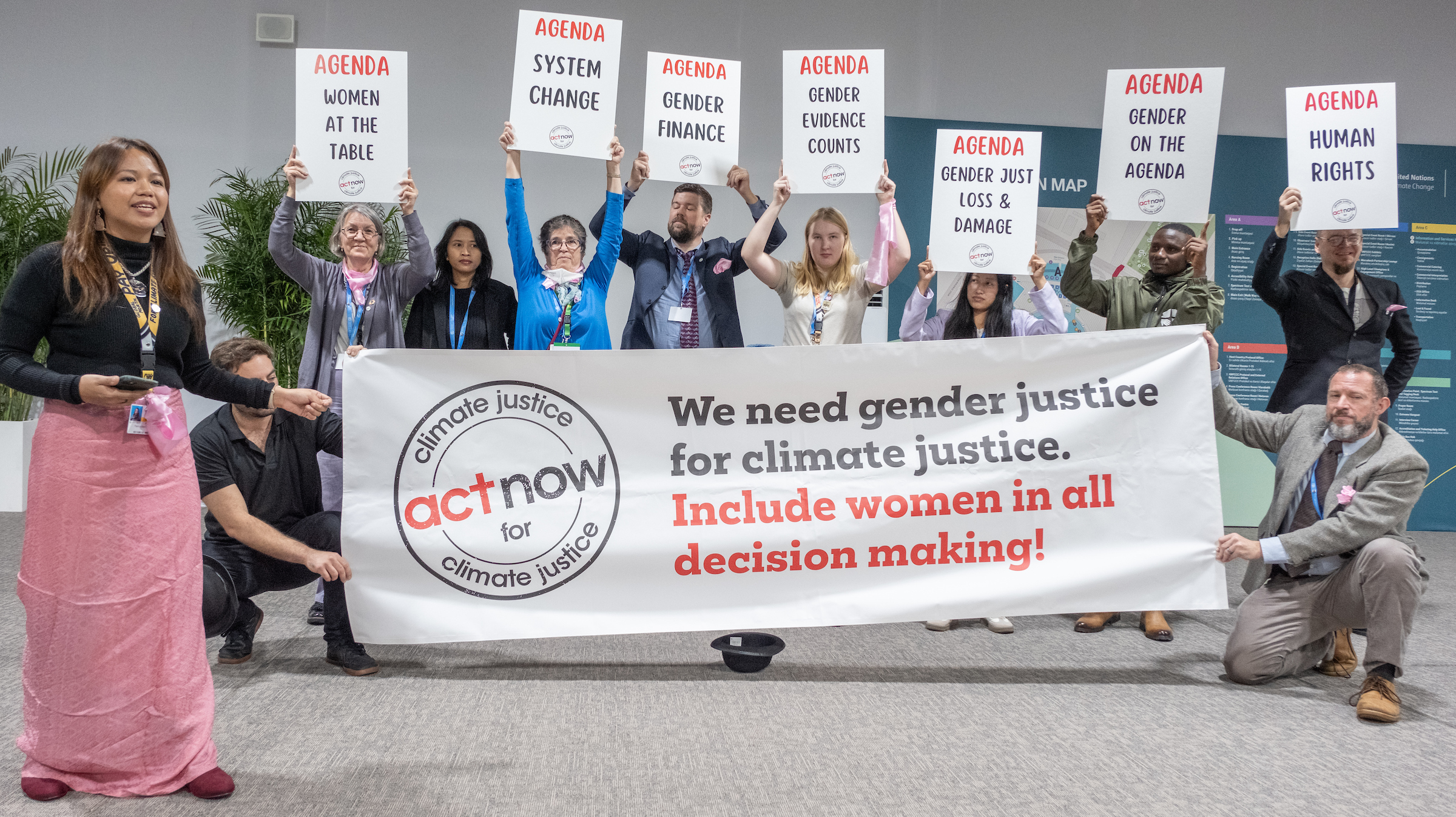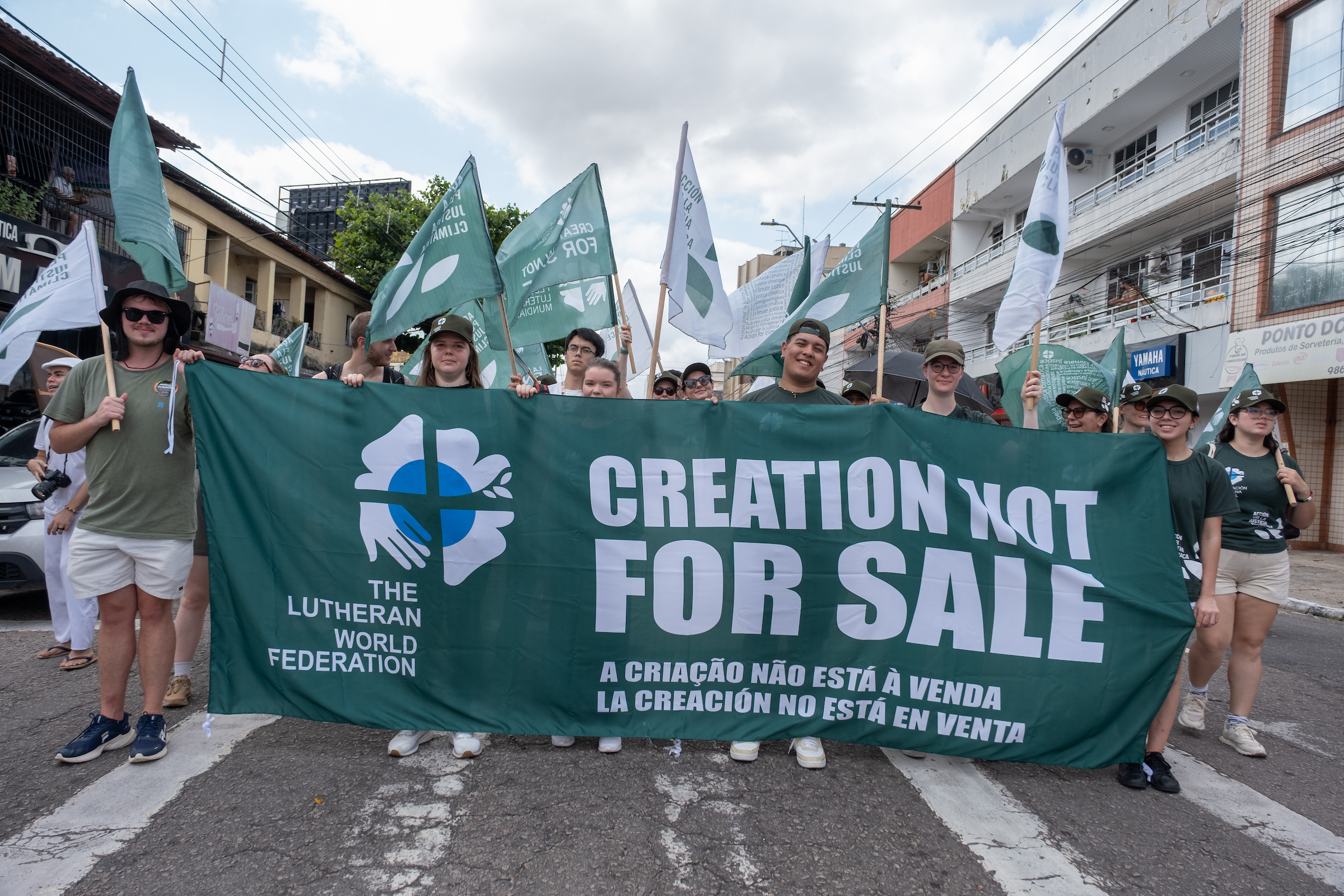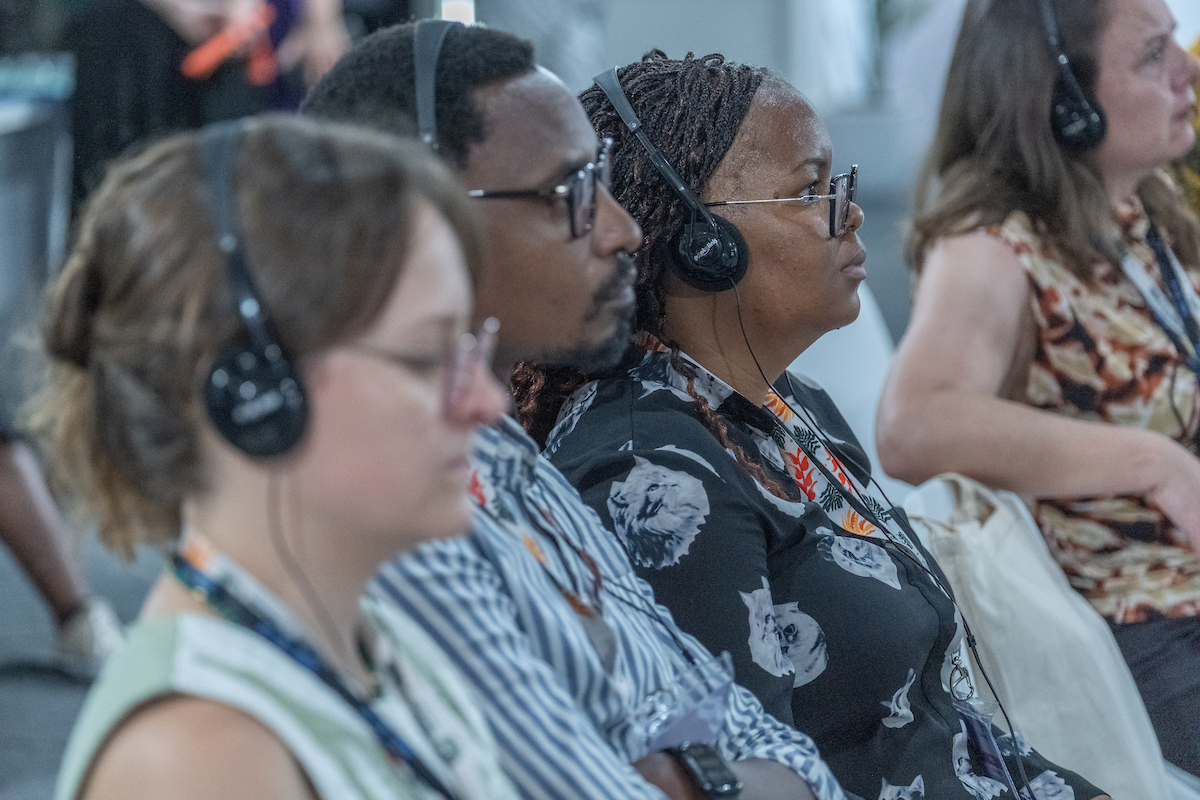FOR IMMEDIATE RELEASE
NOVEMBER 21, 2024
BAKU, AZERBAIJAN. ACT Alliance stands firmly in solidarity with the most vulnerable communities and nations who have borne the brunt of the impacts of climate change while doing the least to contribute to its causes.
“This climate summit is a matter of life and death for people living on the front line of the climate crisis,” said Illari Aragon, climate justice policy lead with ACT member Christian Aid. “The big issue here is climate finance, how the world is going to help vulnerable people in developing regions of the world deal with the impacts of extreme weather and support their transition from fossil fuels to renewable energy.”
The negotiations currently taking place at COP29 in Baku, Azerbaijan have so far made very slow progress on the key issue before this COP- climate finance. The latest version of the New Collective Quantified Goal (NCQG) text released today illustrates the need for much more action to achieve a just outcome from this COP.
ACT raises concerns around transparency and the quantum (dollar amount of finance), as well as on issues surrounding loss and damage, and gender in the NCQG text released this morning.
“I hope these texts are revised and improved before adoption,” said Mattias Söderberg, co-chair of ACT Alliance’s climate justice reference group. “In their current form, they do not represent a victory for the vulnerable people and communities of the developing world. They are a disappointment.”
Quantum
Perhaps the biggest hope or potential stumbling block to COP29 is the quantum, how much money needs to be mobilized to support developing nations in mitigating climate change, adapting to its impacts, addressing and compensating for losses and damages caused by climate change.
The current draft still fails to include proposals for a quantum responsive to needs, with only one day remaining until the conclusion of COP this is deeply alarming. Clear, actionable option for an ambitious quantum must be explicitly represented in the next iteration.
ACT stands firmly in solidarity with vulnerable countries and calls for a quantum figure that reflects the actual needs and priorities of developing nations. This is not a matter of billions—it is a matter of trillions.
“What developing countries are asking for- a quantum of 1.3T USD per year as a mobilization goal with at least a $600B provision target to be provided as public finance grants- is lacking, and the mention of the $100B as the floor is completely unbelievable and as said by developing countries at COP 29, a ‘joke,’” said Julius Mbatia, ACT Alliance’s global climate justice programme manager.
The $100B currently listed as floor is a number based not on need but was a figure agreed to by developed countries in Copenhagen in 2009. For that number to not be advanced at all 15 years later in Baku would be a failure.
What developing countries are asking for- a quantum of 1.3T USD per year as a mobilization goal with at least a $600B provision target to be provided as public finance grants- is lacking.Julius Mbatia Global climate justice programme manager, ACT Alliance
Transparency
ACT is firmly committed to advancing transparency in climate finance. We strongly support the inclusion of language in the text that anchors the NCQG within the Enhanced Transparency Framework. Additionally, we call for the inclusion of detailed methodologies that enhance the tracking of climate finance.
A key aspect of this work is specifying, with clarity, what counts and what does not count as climate finance. This distinction is critical to ensure accountability, consistency, and trust. We urge that this is clearly reflected in the revised text.
“Transparency is at the heart of trust and progress; without the ability to track commitments and actions, promises remain words on paper,” said Elena Cedillo, Program Executive for Climate Justice with the Lutheran World Federation. “COP29 should ensure clear accountability and demonstrate that ambition is translated into real action.”
“Without transparency and a clear definition of what counts as climate finance, it is impossible to properly track progress towards realizing not just pledges but actual flows of finance, and their impact on communities and nations over the coming years,” said Patricia Mungcal, humanitarian manager with ACT member the National Council of Churches in the Philippines.
Loss and Damage
At COP27 in Sharm el Sheikh, the Loss and Damage facility was created. At COP28 in Dubai, the fund was launched, albeit with millions, not billions, in pledges. In the current text in Baku, loss and damage takes a step backwards.
ACT is concerned that the current text does not clearly reflect the commitment to support Loss and Damage. The language in paragraph 29 is ambiguous and open to multiple interpretations. This lack of clarity undermines the critical importance of addressing L&D alongside mitigation and adaptation.
We expect the next iterations of the text to adopt unequivocal language that explicitly acknowledges the need to provide concrete financing support for loss and damage as a core element of climate action. Clear and decisive wording is essential to demonstrate the commitment to equitable and comprehensive climate responses.
“Loss and damage must be recognised as a distinct element in the climate debate, with its own dedicated funding stream,” stated Söderberg.
Addressing loss and damage should additionally consider the realities of human mobility in the context of a changing climate. “People displaced by conflict and persecution are all too often forced into the most environmentally fragile locations in places of refuge,” said Andrew Fuys, Senior Technical Advisor, Climate and Migration for Church World Service, and member of ACT’s Migration and Displacement Reference Group. “The NCQG should promote the inclusion of refugees and other displaced persons in climate finance efforts and ensure they benefit from climate finance, alongside climate vulnerable host communities.”
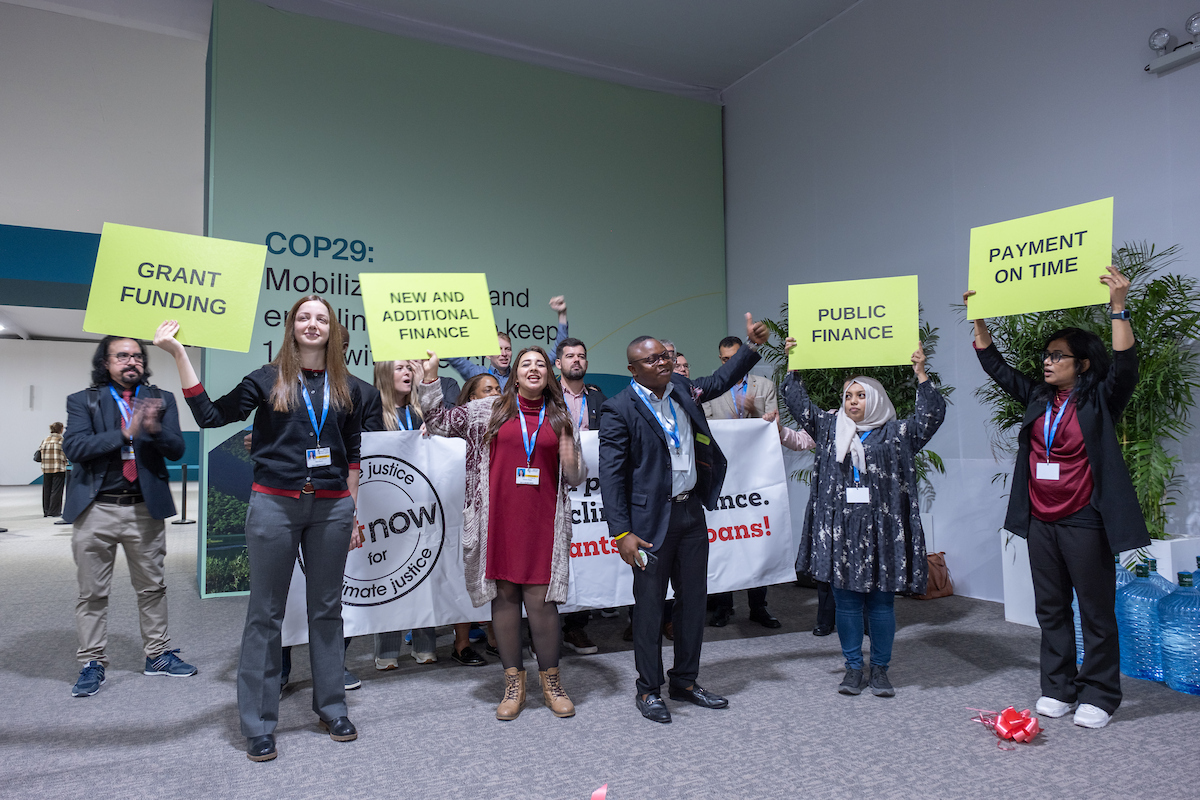
Gender
COP29 was a key COP for reviewing the gender agenda as well as finance. The expectation was that the ambition to ensure gender throughout the climate decisions at COP29 would be higher. We do not see any improvement in this regard since gender is only mentioned once in the ten pages of the NCQG text.“Gender is still almost invisible in the present NCQG text,” said Margareta Koltai, from Act Church of Sweden. “It is important that the NCQG is not leaving 50% of the world’s population behind.”
Call to action
There is still time today and tomorrow for strong text to be adopted which addresses these concerns and delivers a positive, ambitious and just climate finance deal at COP29.
“Negotiators, observers, and climate finance experts have been working in good faith on the NCQG for several years,” said Lizzy Harnett, COP29 delegate for The Episcopal Church, “yet this latest draft ignores or minimizes many elements that could facilitate ambitious climate finance that meets the needs of developing nations. This is hugely frustrating, and I hope that the next draft of the text will reflect a much greater level of ambition and specificity relating to key issues such as quantum, definitions of climate finance, inclusion of loss & damage, transparency, and access.”
“If we get a good outcome here in Baku it has the potential to give a big boost to how many developing countries can tackle the crisis and will show the world that this UN process can still produce results,” concluded Illari Aragon of Christian Aid.
XXX
Media Contact
Simon Chambers, director of communications
Email: simon.chambers@actalliance.org
WhatsApp: +1-416-435-0972

